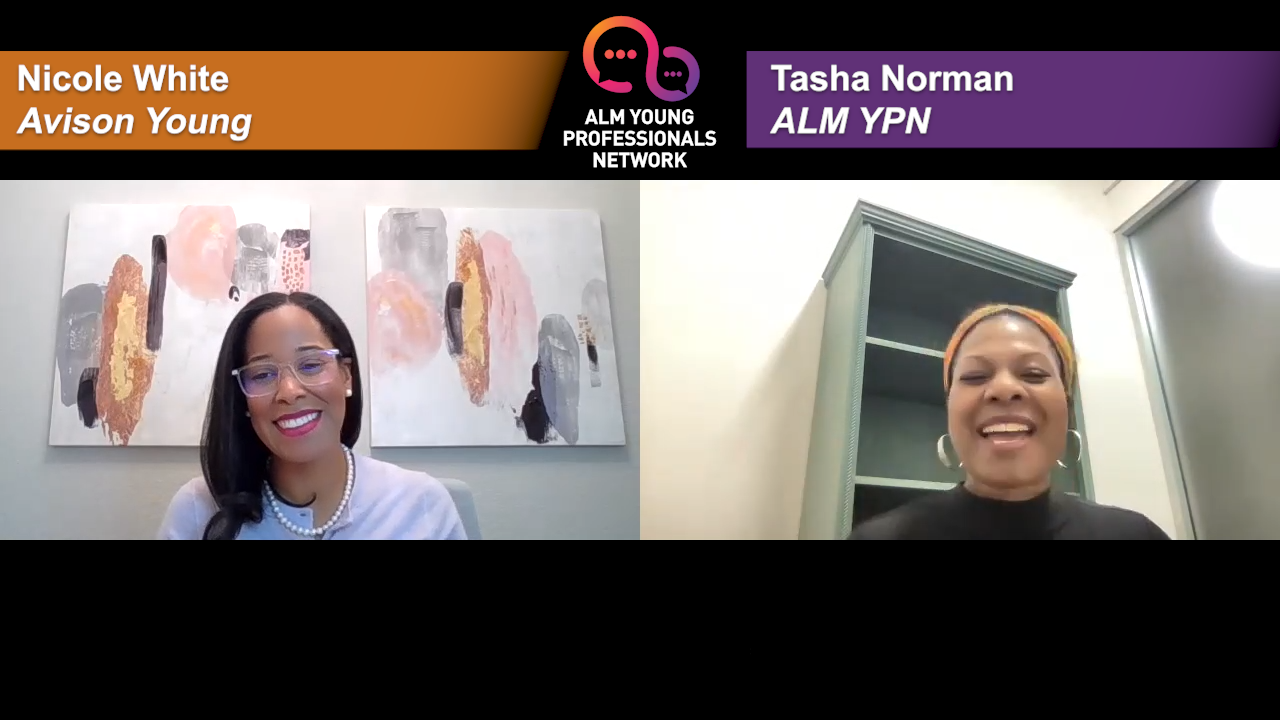SAN DIEGO—“Dead” deals rarely end up in litigation, so if they end up on Crosbie Gliner Schiffman Southard & Swanson LLP's Gregory Markow's desk, something has gone very wrong. Markow has devoted his career to resolving real estate and business companies looking to minimize risks that lead to litigation, defending them when disputes cannot be avoided. Here, he gives GlobeSt.com an exclusive look at handling these disputes.
GlobeSt.com: What are some of the most common roadblocks and challenges involving CRE sales transactions?
Markow: A cornerstone of our practice philosophy is finding ways to get even the most challenging deals done for our clients. However, there are times when an acquisition/disposition transaction does not close for one reason or another. The reality is that “dead” deals rarely end up in litigation, and if it hits my desk, something is going very wrong. With purchase-and-sale deals that have gone awry, I am seeing mostly allegations of fraud and failure to disclose—buyers trying to back out of deals and get their deposits back while claiming that the seller withheld information.
A good rule of thumb for sellers to avoid problems is to ask themselves if they want to disclose a particular fact. If the answer is no, then it is usually good practice to disclose it. In the context of the currently “hot” commercial real estate market, we are also seeing sellers getting better offers during due-diligence periods and then trying to trade up by getting out of an existing deal by looking for buyer defaults—usually in regard to contractual-condition deadline issues or even claims that third-party conduct is preventing the sale. Buyers need to be careful that they know and understand the deadlines in their purchase-and-sale agreements.
The bottom line is that nothing will prevent deals from ultimately going sideways when there is a will to make it so, but some careful preparation can put both buyers and sellers into a better litigation position.
GlobeSt.com: Are disputes often effectively settled outside of court?
Markow: I tell every client that the best resolution to any dispute is reaching an agreement outside the judicial process. Mutual agreement eliminates risk and rightfully places the decision- and strategy-making power out of the hands of the lawyers and back into the hands of the businesspeople. Of course, sometimes an agreement to settle cannot be achieve for myriad reasons, in which case cost-sensitive but aggressive handling of the matter is a must for an aggrieved party. Most importantly, parties need to understand that litigation (or threat thereof) is ultimately a business tool and, like any tool, sometimes is the one you need to get the job done—and sometimes it is the wrong one entirely.
Arbitrations—private dispute resolution—can be both cost and time effective. But if the other party is difficult or a good arbitrator is not selected, arbitrations can take just as long and be just as expensive as ordinary litigation, but without the right to appeal. Likewise, mediations—brokered settlement discussions—can break a communications logjam and get matters settle, but the timing needs to be right for the approach to be really effective. Parties need sufficient information to understand the positive and negative parts of their case (and yes, almost every case has both) before they can be in the right frame of mind to settle. A good litigation attorney will use the mediation tool, but with careful attention to the timing of the mediation session to make sure the parties are informed and interested in settling.
GlobeSt.com: What are some common types of disputes you're seeing lately as compared to years ago?
Markow: Like commercial real estate in general, the type of case du jour seems to be cyclical. There will be years when I won't see a specific type of case, and then I will see an onslaught of that same type of case. For example, several years ago, when we were coming out of the Great Recession, I had a lot of guaranty-enforcement issues on my plate. Not surprisingly, there are far fewer of those cases now. Most recently, I've been seeing a number of alter-ego cases where parties are seeking to disregard the limited liability offered by corporations and limited-liability companies and hold individuals or companies liable for the obligations of others. For years, I had not seen one of these, but recently several have landed on my desk and, consequently, I have been sharing lessons learned from them with our commercial real estate developer and owner clients in order to avoid some common pitfalls I am seeing in the formation and operation of special-purpose entities. Landlord-tenant disputes relating to common-area maintenance charges and exclusive-use restrictions in the context of retail leasing are eternal areas for disagreement, and apparently people love to fight these days about parking and other common-use and easement issues. Finally, in the past couple of years, we've also had a spate of cases involving lot-line adjustments and their effect on pre-existing entities.
GlobeSt.com: How will the recent dual-agency disclosure law SB 1171 affect disputes?
Markow: I think the new disclosure rule will have the positive effect of reducing some disputes. Although I recognize that dual-agency representations in commercial real estate transactions are part of the business landscape, I am frankly amazed they are so common. The potential conflicts of interest for a broker representing both sides of a commercial real estate transaction are substantial and can expose the broker and the brokerage firm, as an agent, to substantial liability for breaches of trust. All too often, we see our broker colleagues on the receiving end of lawsuits alleging their failure to disclose known information, or not properly representing their principal's interests in the transaction. The newly required disclosures (along with appropriate waivers of any conflicts of interest—which are not mandated, but which are good practice) should go a long way toward protecting all parties: the broker will be protected with appropriate disclosures and waivers, and the principal will make an informed consent (or not, as the case may be) to the dual representation.
© Touchpoint Markets, All Rights Reserved. Request academic re-use from www.copyright.com. All other uses, submit a request to [email protected]. For more inforrmation visit Asset & Logo Licensing.






